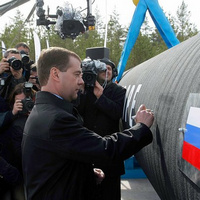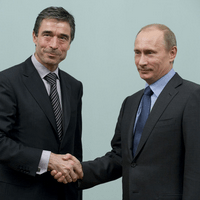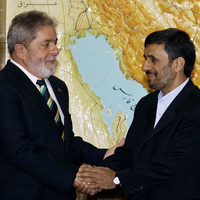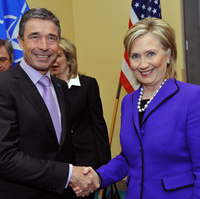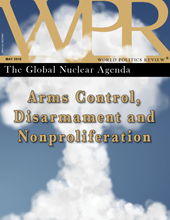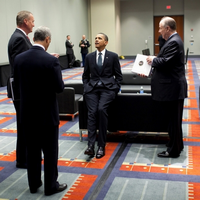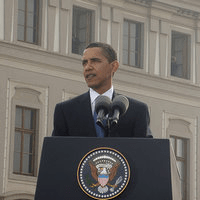
It is by now the consensus view that the primary strategic beneficiary of the Iraq War has been Iran. By this view, the removal of a hostile regime in Baghdad has not only moved Iraq into the Iranian sphere of influence, but has also opened the floodgates for Tehran to extend its influence westward throughout the Middle East. This analysis, while compelling, begs the question: If Iran has “won” the Iraq War, just what has it really won? In a best-case scenario of a stable Iraq, it still amounts to a potentially volatile and dangerous relationship, and definitely a high-maintenance […]

